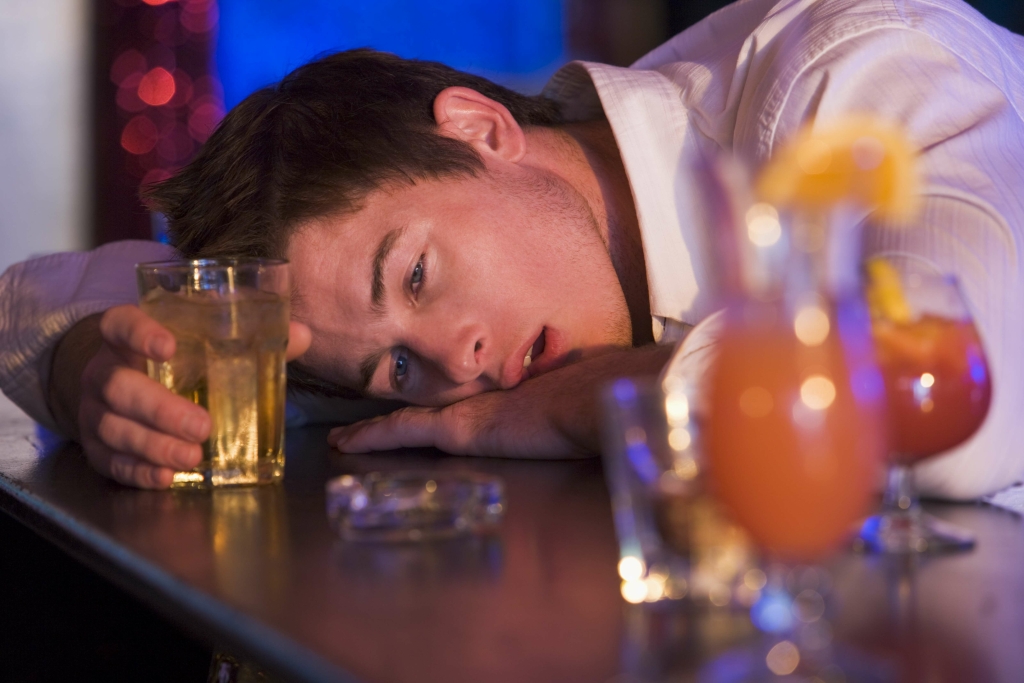Content
Today, you can start to build healthier habits and avoid too much alcohol. Read on to take control of your life and put binge drinking in the past. Overcoming an addiction to alcohol can be a long and bumpy road. If you’re ready to stop drinking and willing to get the support you need, you can recover from alcoholism and alcohol abuse—no matter how heavy your drinking or how powerless you feel. And you don’t have to wait until you hit rock bottom; you can make a change at any time. Whether you want to quit drinking altogether or cut down to healthier levels, these guidelines can help you get started on the road to recovery today.
AUDIT-C as a possible source of referral during the COVID-19 … – BMC Public Health
AUDIT-C as a possible source of referral during the COVID-19 ….
Posted: Sat, 30 Sep 2023 01:29:44 GMT [source]
If you’re a highly impulsive person, you may be more likely to reach for another drink without stopping to think about the consequences. If you’re the type of person who likes to seek out novel sensations and situations, you might also be more willing to engage in risky drinking habits. As you start to prioritize your alcohol use, it can have a negative effect on your work, school, or social life.
Why a ‘Dry January’ Is Good for Your Health
Meeting for a happy hour or partaking in a prolonged dinner with several bottles of wine may be part of the norm of your current lifestyle. As part of learning how to quit binge drinking, it’ll require exploring other social options that don’t involve an alcoholic drink. You might also be pleasantly surprised how alcohol-free socializing creates more meaningful connections. By recognizing your drinking patterns, you can begin to take the necessary steps to stop binge drinking and start making behavioral changes that promote a healthier relationship with alcohol.

You can also benefit from the shared experiences of the group members and learn what others have done to stay sober. The symptoms listed above may be a sign of a severe form of alcohol withdrawal called delirium tremens, or DTs. This rare, emergency condition causes dangerous changes in the way your brain regulates your circulation and breathing, so it’s important to get to the hospital right away.
Alcohol Use Disorder
If your dependency is severe, you may need to go to a hospital or clinic to detox. This is because the withdrawal symptoms will also be severe and are likely to need specialist treatment. Alcohol recovery is a process—one that often involves setbacks. A drinking relapse doesn’t mean you’re a failure or that you’ll never be able to reach your goal. Each drinking relapse is an opportunity to learn and recommit to sobriety, so you’ll be less likely to relapse in the future. Build a sober social network – If your previous social life revolved around alcohol, you may need to make some new connections.
Fortunately, binge drinking can be treated with holistic methods including community support, specialized alcohol therapy, and prescription medication to stop drinking. At Monument, we’ve brought all of these tools online so you can make progress on your own terms, and own time. Communicate your intentions and goals to those with whom you surround yourself with the most.
Ready to make a change?
For example, some craft beers may have four times the amount of alcohol that’s in a regular beer. Be aware of the alcohol content of what you’re drinking and adjust how much you drink based on this knowledge. A person can consume a how to stop binge drinking at home fatal dose of alcohol before passing out. Even when the person is unconscious or stops drinking, the stomach and intestines continue to release alcohol into the bloodstream, and the level of alcohol in the body continues to rise.
- It can be a particularly helpful way to help you get a clearer understanding of your drinking habits and your relationship with alcohol.
- “The senators and representatives shall receive a compensation for their services, to be ascertained by law, and paid out of the Treasury of the United States,” that section reads.
- If you’re sweating, place a cold towel on your forehead or on the back of your neck.
- Alcohol withdrawal symptoms usually start within hours after you stop drinking, peak in a day or two, and improve within five days.
- Communicate your intentions and goals to those with whom you surround yourself with the most.